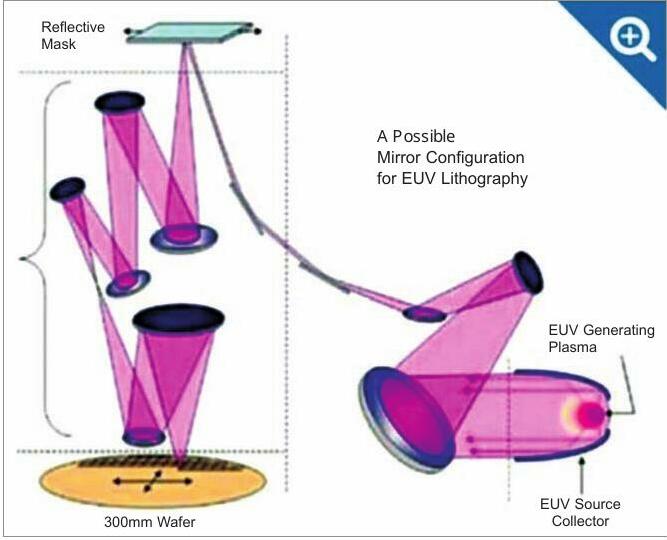
Memory is typically used for storing the data or program code needed by a computer processor to function. To accomplish this task, Dynamic random access memory (DRAM) is employed. DRAM is a common type of random access memory (RAM) used in personal computers (PCs), workstations, and servers. Random access allows the PC processor to access any part of the memory directly rather than proceeding sequentially from a starting place.
How does DRAM work?
Memory is made of bits of data or program code arranged in a two-dimensional grid. DRAM stores bits of data in what's called a storage or memory cell, consisting of a capacitor and a transistor. The storage cells are typically organised in a rectangular configuration. When a charge is sent through a column, the transistor in the column is activated. A DRAM storage cell is dynamic, meaning that it needs to be refreshed or given a new electronic charge every few milliseconds to compensate for charge leaks from the capacitor.
The memory cells work with other circuits that identify rows and columns, track the refresh process, instruct a cell whether or not to accept a charge, and read or restore data from a cell.
DRAM is one option of semiconductor memory that a system designer can use when building a computer. Typical sizes of DRAM are about 1 to 2GB in smartphones and tablets and 4 to 16GB in laptops.
Advantages of DRAM
• Very dense
• Low cost per bit
• Simple memory cell structure
Disadvantages of DRAM
• Complex manufacturing process
• Data requires refreshing
• More complex external circuitry required (read and refresh periodically)
• Volatile memory
• Relatively slow operational speed
This story is from the December 2023 edition of Electronics For You.
Start your 7-day Magzter GOLD free trial to access thousands of curated premium stories, and 9,000+ magazines and newspapers.
Already a subscriber ? Sign In
This story is from the December 2023 edition of Electronics For You.
Start your 7-day Magzter GOLD free trial to access thousands of curated premium stories, and 9,000+ magazines and newspapers.
Already a subscriber? Sign In
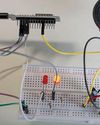
ESP32-Powered AUDIO-VISUAL SIREN
This sound alternator is designed to simulate the effects of a police siren, combining sound and light to create a dynamic audio-visual experience.
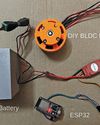
BLDC MOTOR With Web-Based Speed Control Using ESP32
Integrating wireless control into brushless direct current (BLDC) motor systems opens up exciting possibilities for applications such as remote-controlled cars, robots, and other innovative systems.
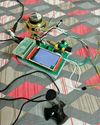
Pi Zero Portable BILINGUAL TRANSLATOR
This system is designed as a bilingual translator, leveraging the gTTS library to support multiple Indian languages, including English (en), Bengali (bn), Gujarati (gu), Hindi (hi), Kannada (kn), Malayalam (ml), Marathi (mr), Tamil (ta), Telugu (te), and Urdu (ur).
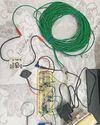
Op-Amp-Based VEHICLE THEFT DETECTOR
A simple, low-cost device can effectively alert homeowners or occupants if a parked vehicle is moved or tampered with.
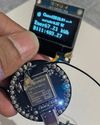
loT SMART METER With Dashboard
Energy meters in homes track electricity usage, enabling accurate billing by governments and providers.

Choose The Right Cloud Platform For Implementing loT PROTOCOLS
Working with loT protocols like MQTT, AMQP, and CoAP on cloud platforms is essential for developing scalable and efficient lol applications. The choice of the programming platform will depend on factors like project requirements, existing skills, and target devices. Leveraging the appropriate libraries and cloud services can enable seamless integration of lol devices with cloud-based applications.

Why TMR SENSORS Lead Next-Generation Design
TMR sensors are gaining traction in industries needing precision and power efficiency. What makes them the go-to choice for modern designs?
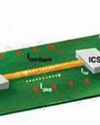
DESIGNING PCBs For EMI Management
Electromagnetic interference can derail your PCB’s performance. EMI management is not just a technical necessity but a hallmark of exceptional PCB design.

CUTTING COSTS, NOT CORNERS: Building Large Scale Applications With Open Source Software
Here are some strategies and best practices for leveraging open source to create enterprise-grade web and mobile applications without sacrificing quality or functionality.

"We Are One Of India's Very Few State Bodies To Manage The Entire Lifecycle Of The Electronics EcosystemFrom Approvals To Subsidies."
What is Gujarat State Electronics Mission GSEM), and how is it attracting major investments in electronics manufacturing, particularly semiconductor manufacturing, to Gujarat? To delve deeper, Electronics For You’s Nijhum Rudra spoke with Manish Gurwani, the head of GSEM. Here is what he revealed...